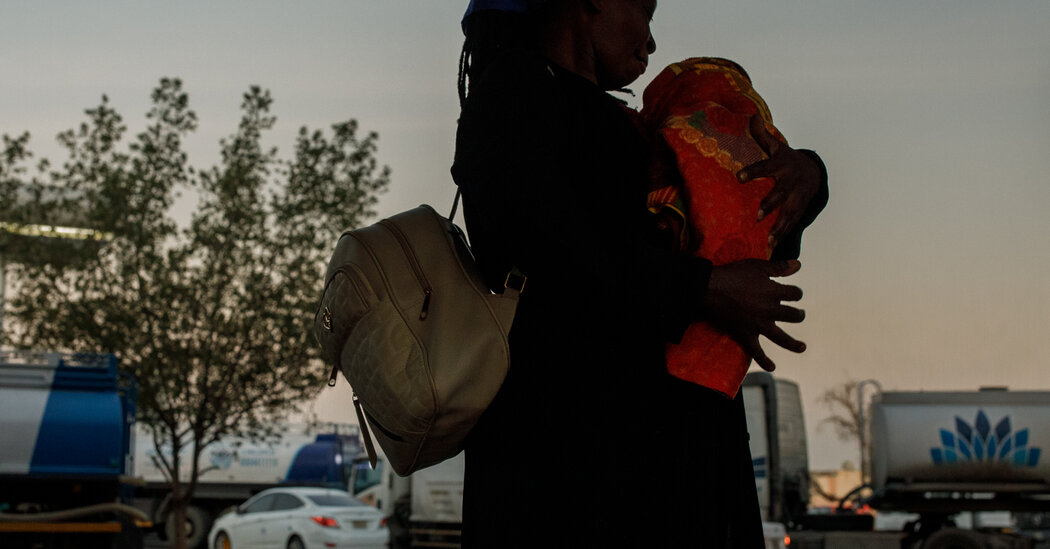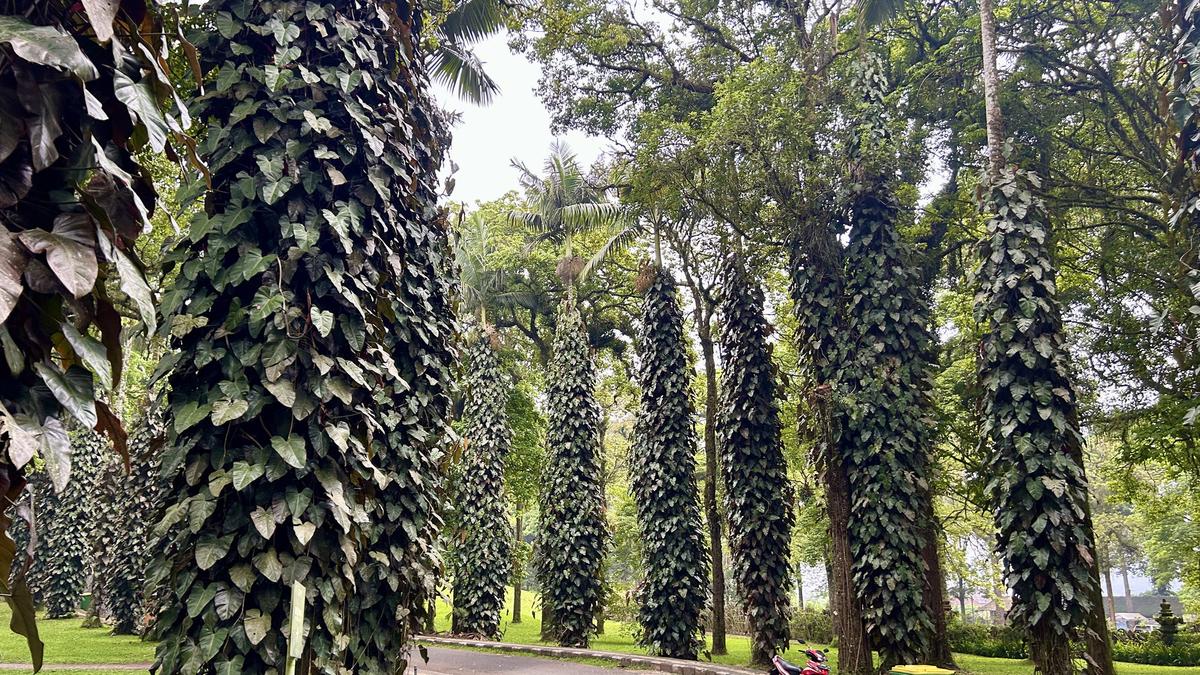Copyright The New York Times

It was difficult to find the women, let alone broach such a delicate topic. We’d been investigating a pattern of abuse of Kenyan women who had moved to Saudi Arabia to work as housekeepers and nannies. We’d become accustomed to accounts of stolen wages, rapes and beatings. Autopsy reports described burns, broken bones and mysterious falls. But now, we were asking about something different. And we had to be cautious. Vivian, working out of Riyadh, Saudi Arabia, posted to a WhatsApp group for local mothers. The message was so unusual that she worried she might be kicked out of the group: Did anyone know a nanny or housekeeper who had given birth to a child who could not get a birth certificate? The women, we knew, would understand what we were really asking: Did anyone know a mother who had given birth outside of marriage? Abdi, working in Nairobi, had heard stories about a community of Kenyan mothers who were trapped in Saudi Arabia because their children had no birth certificates, and therefore couldn’t leave. They couldn’t even be deported. Vivian met a Kenyan mother named Catherine, who had come to Saudi Arabia as a live-in housekeeper in 2021. They talked for hours at a Burger King as Catherine’s 3-year-old son ran circles around them. Catherine said her employer restricted her access to her phone and confined her indoors — until she escaped one night. In Riyadh, she started dating a Kenyan man. When she found out she was pregnant, she cried for her baby’s future. “What will this life be for this child?” she remembered thinking. These women’s cheap labor is a linchpin of the Saudi economy, enabling middle-class Saudis and foreign residents to hire live-in workers. Kenya’s politicians profit because they own staffing companies that send women abroad. Why don’t these children have birth certificates? Despite a decade of social transformation, unwed pregnancy is still a taboo in Saudi Arabia, and legally ambiguous. Some women are jailed after giving birth. Others say they faced no repercussions — until they tried to obtain identification documents for their children. Our investigation found that children of unmarried immigrants are frequently deprived of birth certificates, hindering their ability to access medical care and education — or leave the country. Kenyan women and children suffer in particular, we found, because Kenyan Embassy officials berate them, stonewall them or saddle them with years of paperwork. We interviewed 25 mothers. All had gotten pregnant or given birth in Saudi Arabia. Verifying their stories was challenging. Some women had no paperwork. Others shared their medical records and official correspondence. We interviewed all but one in person, and whenever possible, we corroborated details using WhatsApp messages; contemporaneous photographs; and interviews with, or statements from, employers, colleagues, friends and relatives. For example, in an unofficial day care, we found a girl named Precious whose mother had been deported without her. We traced her mother to a town northwest of Nairobi, viewed her correspondence with the Kenyan government and interviewed an activist who was working on her case. Official procedures require verifying a “marital relationship.” One doctor at a women’s hospital said that, for an unmarried mother, the process would involve the police. So, mothers turn to their home governments for birth certificates and travel permits. In Riyadh, we contacted 15 embassies and asked how they address this issue. Even impoverished countries like Burundi provided more reliable help than the Kenyan government. Kenyan officials, the mothers said, insulted and turned them away. The embassy required them to take DNA tests to verify maternity. Often the results never arrived. The Kenyan government refused to discuss this with us. The children’s suffering is an open secret. Kenya’s foreign minister, Musalia Mudavadi, told Parliament in April that he knew of 388 Kenyan children born in Saudi Arabia. Activists said the true number is probably higher.



